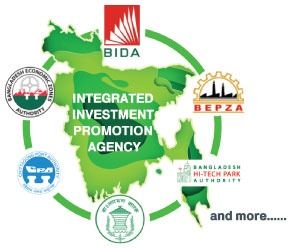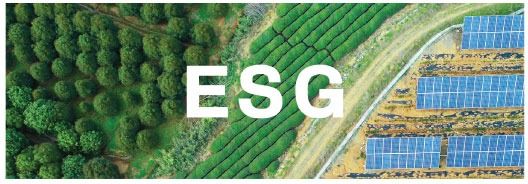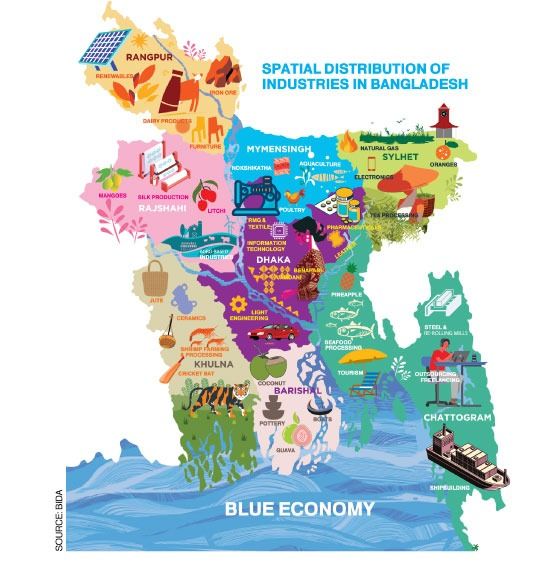- info@ficci.org.bd
- |
- +880248814801, +880248814802
- Contact Us
- |
- Become a Member
- |
- |
- |
- |
- |

Making Transformation Matter
Bangladesh is at a juncture where we have an opportunity to transform the some of the bureaucratic red tapes and introduce targeted reforms that could unlock immense potential that it possesses. Since independence while we have taken big strides, we have not taken a leap to change complexities in investment procedures and regulatory bottlenecks which continue to challenge businesses and investors. Neither have we put in a concerted effort to addressing these roadblocks will not only streamline operations but also elevate Bangladesh's position in the global marketplace. Let me deliberate on a few:

• An integrated Investment Promotion Agency (IPA)
At present, investors navigating Bangladesh's investment landscape face significant hurdles. With multiple agencies-such as the Bangladesh Investment Development Authority (BIDA), Bangladesh Economic Zones Authority (BEZA), Bangladesh Export Processing Zones Authority (BEPZA), Hi-Tech Park Authority etc operating separately, the approval process becomes confusing, complicated and cumbersome. Foreign investors often struggle to determine which agency to approach, causing delays, higher costs, and uncertainty.
A consolidated investment-promotion authority that acts as a one-stop service centre would be a fantastic solution. Instead of investors running between multiple agencies and departments, this unified platform would oversee the entire process-from securing land and utilities to obtaining permits and regulatory clearances. A streamlined system like this would not only enhance efficiency but also make Bangladesh a more attractive investment destination. If regional competitors simplify their investment frameworks while Bangladesh remains bogged down by bureaucracy, the country risks losing out on critical opportunities.

• Separation Policy and Administrative arm of National Board of Revenue
One of the latest developments that has just been gazetted is the separation of the National Board of Revenue's (NBR) policy and administrative functions-an effort long advocated by the Foreign Investors' Chamber of Commerce & Industry (FICCI). This restructuring will create a more efficient tax policy framework while ensuring smoother implementation of revenue administration. This now needs to be executed in the right spirit so that we are living up to the promise of the intent and accountability does not fall the crack while we transition and start executing the two entities.
 • Protecting Intellectual Property Rights
• Protecting Intellectual Property Rights
While intellectual property laws-such as IT regulations, trademark protections-are already in place, enforcement remains a major concern. Without robust protective mechanisms, Bangladesh risks losing the economic benefits of innovation and intellectual property. Businesses will not transfer technology or even provide us with manufacturing, services without assurance that we can protect their Ips. Immediate action is needed to remove these bottlenecks and bring enforcement efforts in line with international standards.

• Pivot to Responsible Business
As Bangladesh moves toward graduating from its Least Developed Country (LDC) status, safeguarding workers' rights and maintaining strong regulatory compliance will be critical. With evolving trade dynamics, businesses must embrace sustainable models that align with Environmental, Social, and Governance (ESG) principles. FICCI has repeatedly emphasized the importance of fiscal measures that uphold labour protections, ensure fair wages, and foster responsible corporate practices. For a seamless transition into the post-LDC landscape, the government must introduce policies that prioritize worker welfare. Without these safeguards, Bangladesh may struggle to navigate the complex economic challenges that lie ahead.
 • Branding and Re-positioning Bangladesh
• Branding and Re-positioning Bangladesh
In today's global economy, strategic branding plays a vital role in attracting investment. Bangladesh's narrative must be one of resilience, opportunity, and seamless business facilitation. Addressing the challenges of LDC graduation while showcasing the country's strengths will be key to positioning itself as an investment-friendly nation. We need to create a communication plan to promote the transformation that we will be doing.

The Future We Deserve Will be Based on How we Act Now
Bangladesh stands at a crossroads, and decisive action will determine its trajectory in the global economy. Streamlining investment procedures, separating regulatory responsibilities, safeguarding workers, and strengthening intellectual property enforcement are key elements that will define the country's long-term prosperity. If Bangladesh takes these steps proactively, it can position itself as a competitive, investor-friendly economy that thrives beyond LDC graduation.





